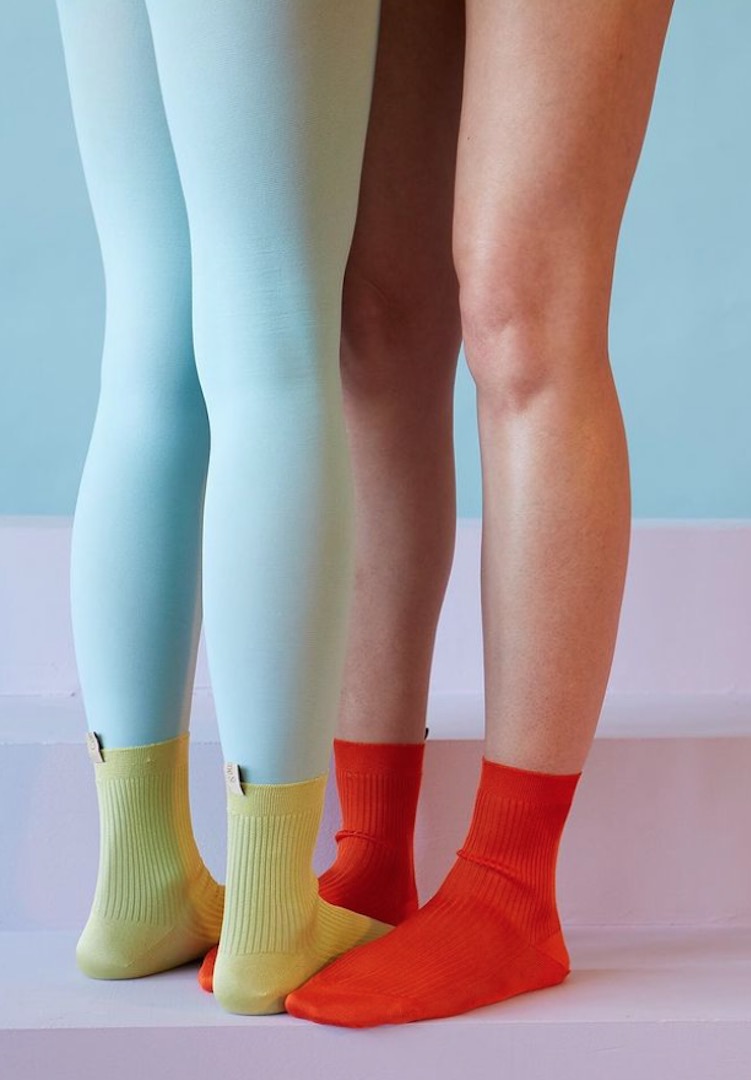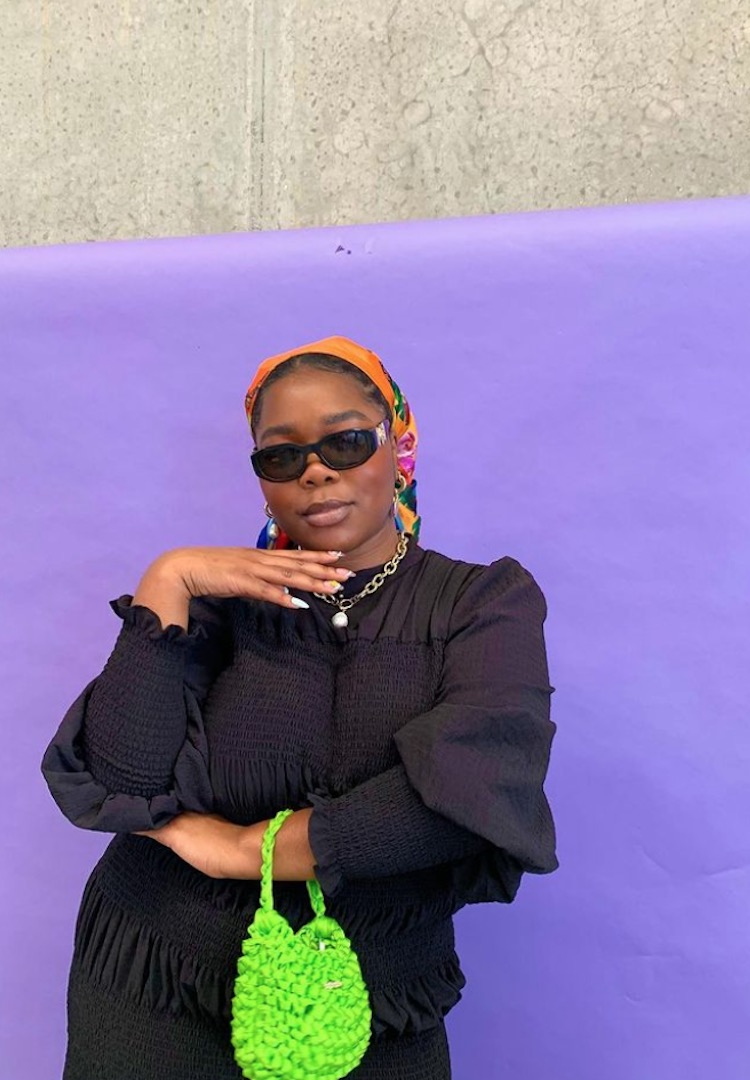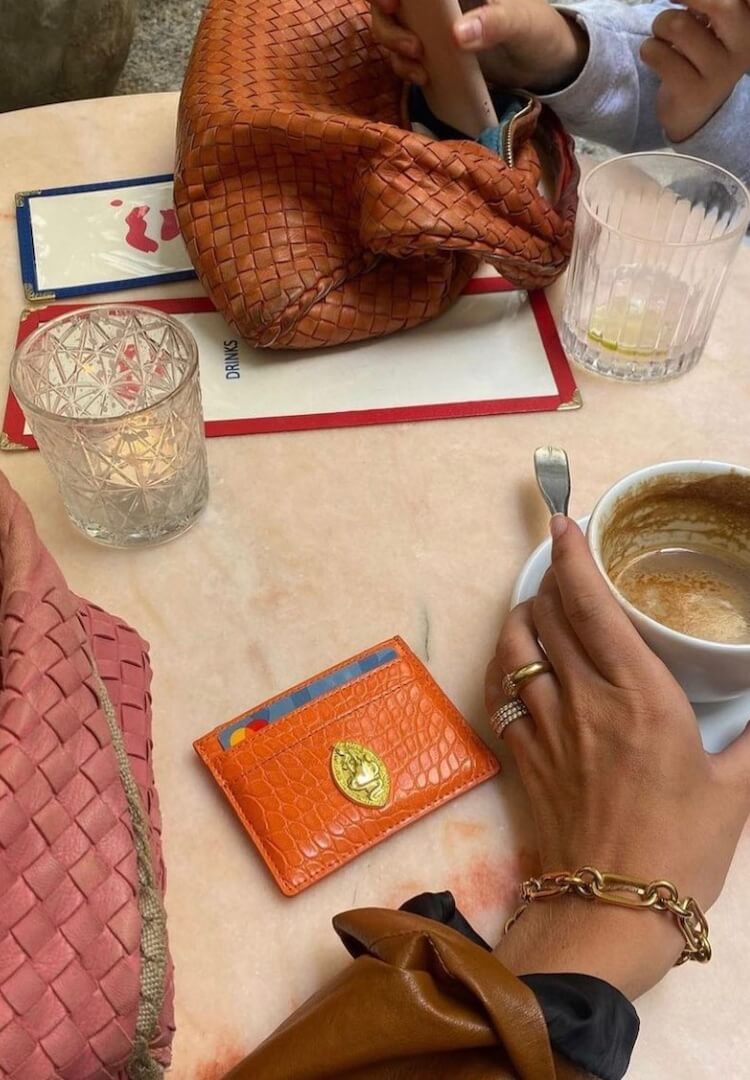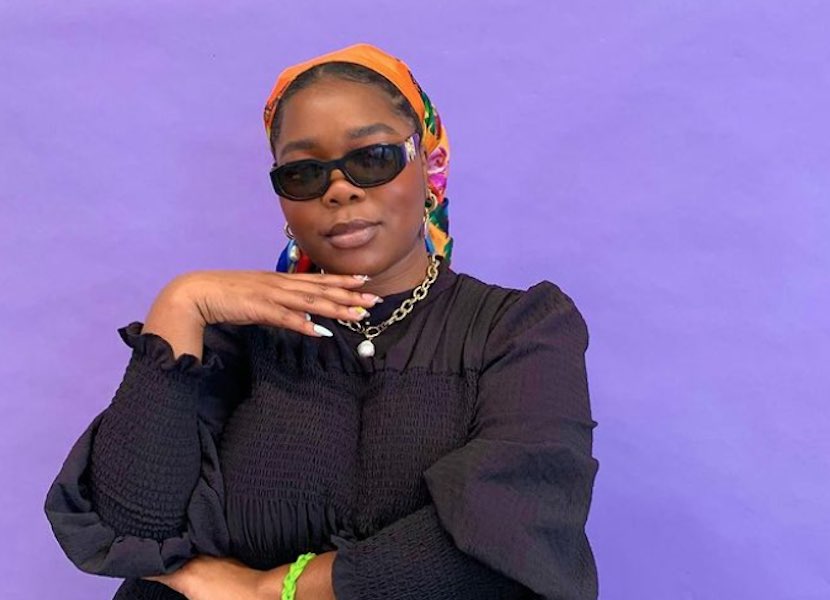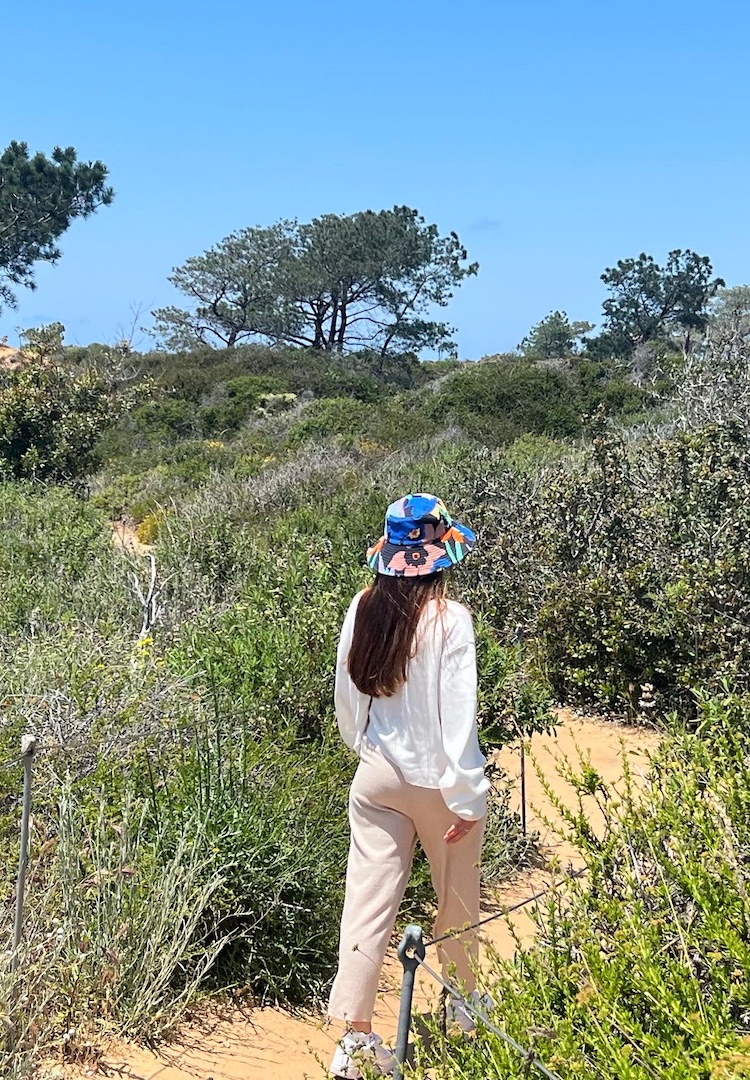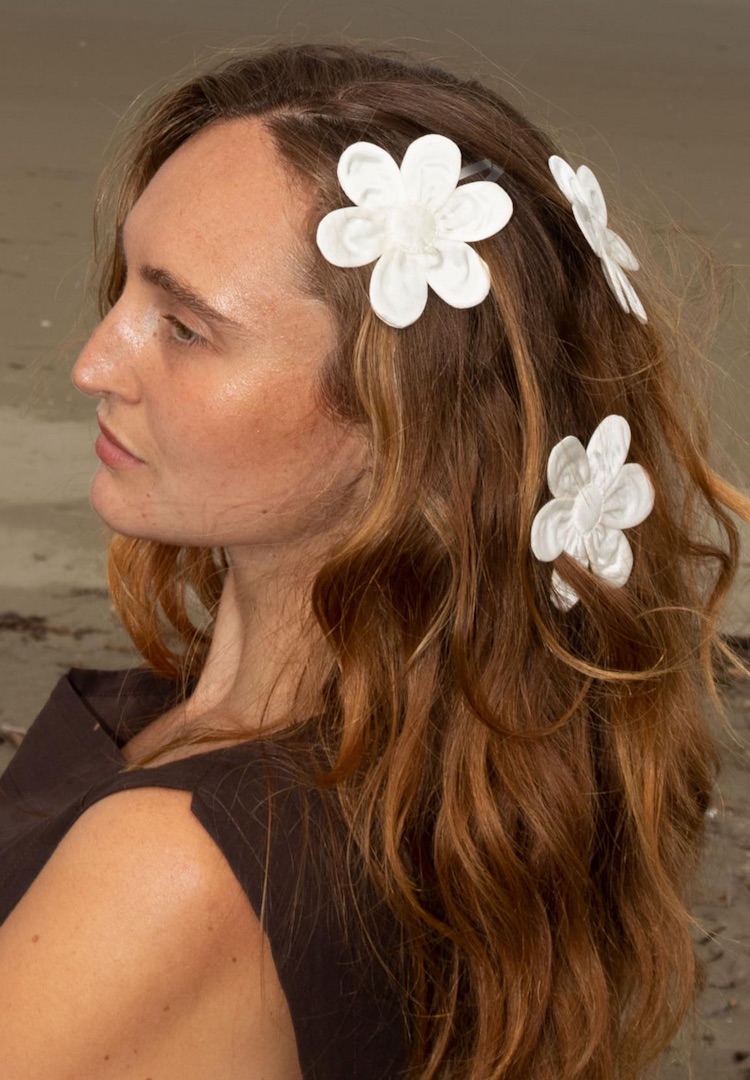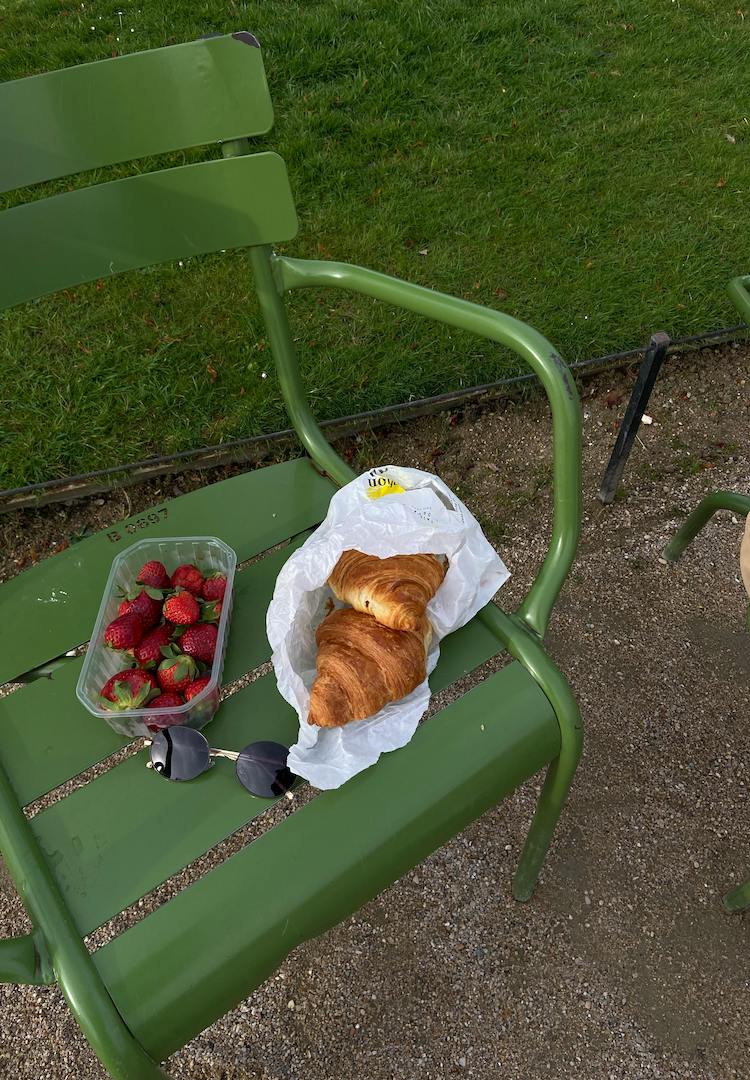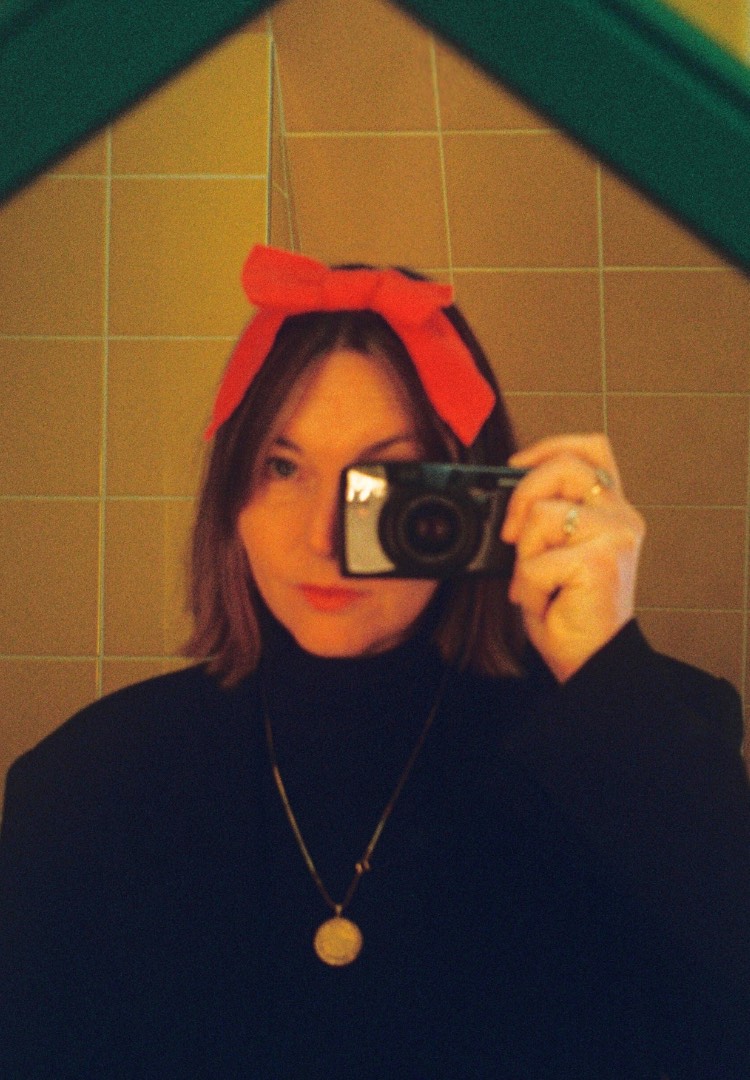How I Do It: Author, podcaster and professional opinion-haver Flex Mami on manifesting her success
IMAGE VIA @FLEXMAMI/instagram
WORDS BY IZZY WIGHT
“There are so many small things you can do that get you just a smidgen further. Even if it’s not getting what you want, it’s changing your perspective.”
Impressive job titles are one thing, but what about people who have carved out their own niche and created a job specifically for them? Rather than landing that covetable LinkedIn byline, working for yourself presents a whole new way to choose your own adventure. That said, it’s not always about exploring the road less travelled – sometimes it can mean forging your own entirely untrodden path.
We round up the best career advice weekly. Keep up to date with our Life vertical.
It’s a tough slog, but if being your own boss is your own personal dream, How I Do It is the column for you. We’ll talk to established freelancers and friends of FJ who’ve been at this long enough to have the benefit of hindsight, and they might be able to help you figure out how exactly they ‘do’ what they do.
Money, agents, timelines and tight turnarounds – this is what it takes to build creative success. This week, we hear from a woman who needs no introduction, but we’ll give her one anyway. It’s content creator, podcaster, business owner, best-selling author, presenter and DJ, Lillian Ahenkan. Known to many as Flex Mami, she’s one of Australia’s most beloved influencers (not that that’s a word she uses to describe herself, she’d opt for ‘professional opinion-haver’). Here’s how she does it.
In the last year of your life, you’ve published a best-selling book, featured on the pages of Vogue and competed in Australia’s Big Brother. How did your own formula for success come into play?
For me, it was more so about trying to really articulate for myself what success even was. At the moment, I think that it’s the ability to make sure that my inner fantasy of who I can be and what I can achieve is aligning with my outer reality. And I do that by being really open and optimistic about opportunities.
You don’t have to really know me well to know Big Brother‘s not something I’d usually do, just based on my personality. And I was like, ‘It’s a good opportunity!’ – and it was. How am I meant to know that future Flex won’t love the idea of being on a reality TV show?
I’ve also been thinking about success in terms of not even legacy but living a full, dense, substance-filled life. And so much of that requires me to do things I wouldn’t naturally want to do or feel comfortable doing. I’m trying to push myself to find other metrics for success that don’t align cleanly with what I’ve been doing previously, which is just work, work, work.
For someone who hasn’t met you before, can you explain what exactly you ‘do’ for work?
Oh, this is hard. To make it easier, I tend to just go through all the title ‘slashes’. So for work – I’m a DJ, a TV presenter, a podcaster, a best-selling author, I run two companies and I’m a ‘professional opinion-haver. Some say ‘social commentator’ is better, but I like professional opinion-haver. It suits me best.
View this post on Instagram
A topic that really resonates with our readers is ‘knowing what you want’, particularly when it comes to our careers. You’re very transparent about how the path to success can sometimes be a wobbly mess. When did you realise what you wanted out of your career?
I don’t think I have realised what I want. I think the fact that I do so many things is a testament to that. I start every project with the same kind of intensity and excitement and then I get over it – but I like committing to things I’ve begun. So I don’t necessarily think I know what I want, but I don’t think I’ll figure it out until I try a bunch of things. Then it becomes a kind of lesson in deduction; I start looking for similar traits or characteristics in the things that I like doing.
With every new venture I decide on, I take those good characteristics from what I like and respond to really well. I try and reduce the number of activities I don’t respond to well. The more I exist on the internet, the more I realise I love to facilitate big chats, big conversations. But I just don’t necessarily like this idea of constantly having to commodify my thoughts and my opinions and my feelings. That’s why I created Future Group Chat – because I can facilitate discussion and provide frameworks so other people can learn and grow, but it’s not contingent on me having to teach them. So we’re getting there. Small steps.
I think introspection can be a little bit scary, particularly right now when it feels like all we do is reflect. Your book has some great framework to help readers dip their toes in the pool of self-reflection – where would you suggest starting?
I think most people don’t have the capacity to introspect ‘raw’. That’s why most reflection usually happens after turbulence in our lives like friendship breakups, romantic breakups, or traumatic life events. Sometimes not even traumatic, just a life event. I think most people would benefit from starting with a personality test of some sort. It’s not a definitive representation of who you are and what you believe and why you believe it. But by nature, personality tests ask you to input data and reflect that data back at you.
View this post on Instagram
Whether or not you either agree or you resonate with what’s being said, personality tests give a semi-accurate reflection of who you are in a tangible format like a PDF or paper. That’s the perfect start because when you get to a point where you think, ‘Oh, I really resonate with that’, then you can dig deeper. What about you feels so tied to this representation of yourself? What part of you resonates and why? And then if you find something that doesn’t resonate, you can ask yourself the same questions.
Why, of all these points, do I not feel connected to this particular description of me? Am I in denial? Am I lacking self-awareness? Was I not given the right question to accurately depict who I was, and therefore, the whole test is skewed? Who knows. But it’s definitely a really great place to start. And it’s mostly a free place to start. You’ve got nothing to lose.
How would you say manifestation has come into play in your career journey?
When I speak about manifesting, it’s not necessarily through the spiritual lens, but in a really pragmatic way. It’s the act of willing events – both positive and negative – into your life through your thoughts, your actions, your beliefs and your intent. It’s just doing stuff intentionally. I attribute a lot of what I’ve done to manifesting.
I like to think that I have a very clear idea of what I’d like my life to be and the way I want to experience certain events. While it may not guarantee that I get everything exactly as I want, it helps me create a framework so I can compare what I got and what I wanted. And I have something to look back on. I think a lot of us like to swing freefall through life and just let things happen. It’s really hard to almost analyse retrospectively and effectively if you don’t know what you did that got you to where you are. I think that sometimes I don’t like using the word ‘manifesting’ because it just divulges into this weird conversation really quickly.
View this post on Instagram
People say, “That doesn’t make any sense, you’re just privileged”. And I’m like, “No babe, words mean things. Let’s just use the word as intended!” To me, it always goes back to the fact that most of us are in a position where we deem our lives to be successful. I wrote the book just to say that there are other ways to determine the success of your life if you choose so. You can know that you want to live an unconventional creative lifestyle and you can know that you still use traditional success milestones to determine the quality of your life – those two things can be true.
But if you didn’t know that, you would just feel frazzled all the time, you’re just like constantly being blindsided. All these tools just help you be a bit more intentional about the outcome of your life. It would be remiss of me not to, not to mention that there are tonnes of external factors that are gonna inhibit you from getting what you want – your gender, your race, socioeconomic status – these are evergreen.
But within you and your body, there are so many small things you can do that get you just a smidgen further. Even if it’s not getting what you want, it’s changing your perspective. It’s giving you a more resilient mindset, and all these things I feel like most of us could benefit from.
The Success Experiment is the best-selling book debut from DJ, podcaster, TV Host and content creator, Flex Mami. The Success Experiment is now available to download for free as part of Audible’s new Plus Catalogue, including thousands of free titles for members.

